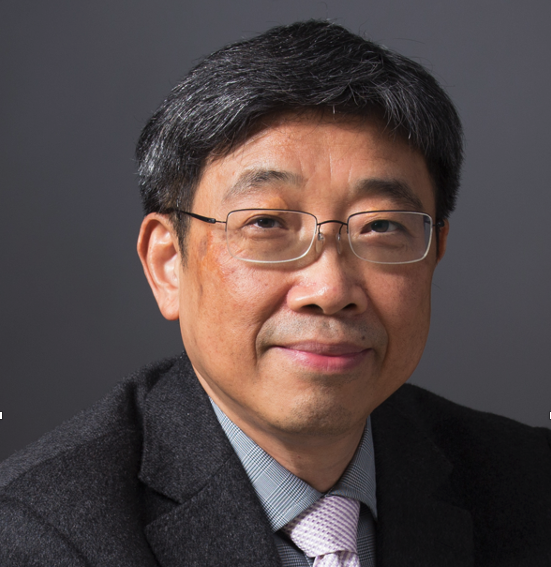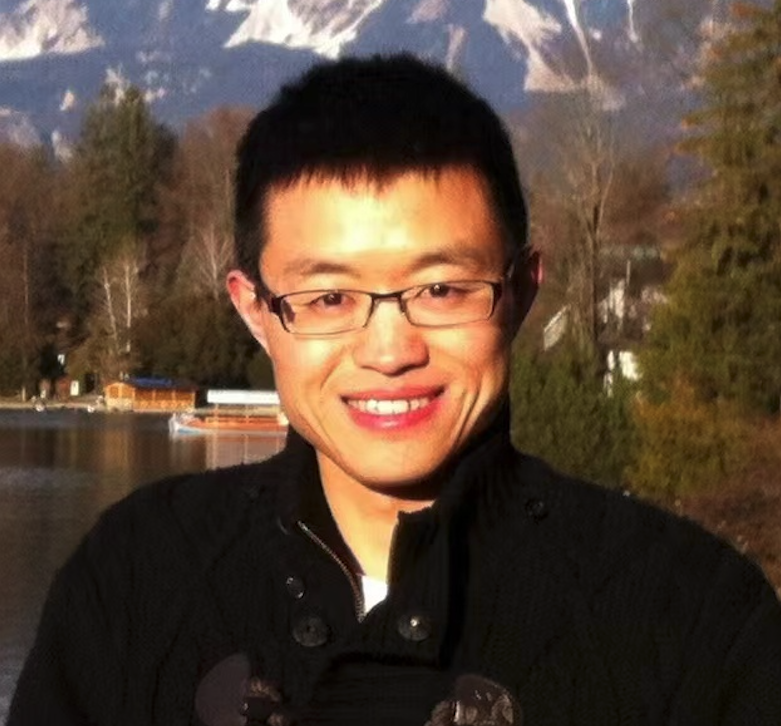
Prof. Jiannong Cao
Keynote: Towards Collaborative Edge AI
Abstract: Existing edge computing research focuses on the vertical collaboration among cloud, edge, and end devices, while neglecting horizontal edge-to-edge collaborations, suffering from unoptimized resource utilization, restricted service coverage, and uneven performance. In this talk, I introduce our recent project on Collaborative Edge Computing Framework (CECF) enabling advanced AIoT applications which demand ultra-low latency, large-scale deployment, and dynamic access.
Aiming at establishing a new-generation edge computing infrastructure, CECF provides new abstractions and functionalities for large-scale geo-distributed edge nodes to share compute, data, and network resources and collaboratively perform application tasks. It facilitates the evolution of the current edge computing to future collaborative edge intelligence There are many challenging issues, including heterogeneous edge networking, cross-node virtualization, scalable resource management, collaborative task scheduling, distributed machine learning, and seamless deployment of AIoT applications.
I will highlight the proposed architecture, methods, and techniques to address the challenging issues and point out the future directions.
Biography: Professor Jiannong Cao is the Otto Poon Charitable Foundation Professor in Data Science and the Chair Professor of Distributed and Mobile Computing in the Department of Computing at The Hong Kong Polytechnic University. He is the Dean of Graduate School, director of Research Institute for AIoT, director of Internet and Mobile Computing Lab and the associate director of University’s Research Facility in Big Data Analytics. He served the department head from 2011 to 2017.
Prof. Cao's research interests include parallel and distributed computing, wireless networking and mobile computing, big data and machine learning, and cloud and edge computing. He published 5 co-authored and 9 co-edited books, and over 500 papers in major international journals and conference proceedings. He also obtained 13 patents. Dr. Cao received many awards for his outstanding research achievements. He is a member of Academia Europaea, a fellow of of Hong Kong Academy of Engineering Sciences, a fellow of IEEE, a fellow of CCF and a distinguished member of ACM. In 2017, he received the Overseas Outstanding Contribution Award from China Computer Federation.

Prof. Chengqi Zhang
Keynote: The Impact of Generative AI (ChatGPT) on AI Research and Societal Development
Abstract: Generative AI, such as ChatGPT, represents a significant leap forward in the field of artificial intelligence, enabling the automatic generation of text, images, and more. It has not only reshaped our understanding of cognitive research in AI, but has also uniquely addressed critical issues in the field of cognitive science through its 'violent aesthetics.' Generative AI possesses a high level of intelligence in generating text and has broad application potential across various domains. From automated content creation to online customer support, translation services, and creative content generation, it enhances efficiency, saves time, and conserves resources, providing robust support for societal development. However, Generative AI is not without limitations. Concerns exist regarding the correctness, authenticity, and reliability of the generated content. Therefore, careful consideration is essential when applying it. We must assess the sensitivity of a particular domain to erroneous results to determine whether the use of Generative AI is safe. In the future, Generative AI will continue to evolve, with more powerful models, expanded application domains, and improved management. It will persistently drive advancements in artificial intelligence technology, positively impacting society. However, prudent management is crucial to harness its potential to the fullest while mitigating potential risks.
Biography: Professor Chengqi Zhang obtained his Bachelor's degree from Fudan University in March 1982 in Computer Science, Master's degree by research from Jilin University in March 1985 in Artificial Intelligence, PhD degree from The University of Queensland in October 1991 in Artificial Intelligence, followed by a Doctor of Science (DSc – Higher Doctorate) from Deakin University in October 2002 in Artificial Intelligence. Chengqi Zhang has been appointed as a Pro Vice-Chancellor (China Enterprise) on 1 December 2021 at the University of Technology Sydney (UTS), a Distinguished Professor on 27 February 2017 at UTS.
Prof. Zhang's research interests mainly focus on Distributed Artificial Intelligence and Data Mining. A prolific contributor to his field, Professor Zhang has published over 350 scholarly articles, including a number of papers in first-class international journals, such as Artificial Intelligence, IEEE, and ACM Transactions. As per Google Scholar, his body of work has attracted more than 27,000 citations, an H-index of 69 (on 2/10/2023). He has been a sought-after keynote speaker at 28 international conferences. He has supervised over 30 doctoral graduates, a notable 10 of whom have ascended to full professorships. His dedication earned him the NSW Science and Engineering Award (2011) and the Vice-Chancellor's Award for Outstanding Research in Leadership at UTS (2011). He was also awarded the 2021 IEEE ICDM Outstanding Service Award.
Prof. Zhang is a Fellow of the Australian Computer Society (ACS) and a Senior Member of the IEEE Computer Society (IEEE). Additionally, he served in the ARC College of Experts from 2012 to 2014. He had been elected as the founding Chair of the Steering Committee of the International Conference on Knowledge Science, Engineering, and Management between 2006 and 2014. He has been serving as an Associate Editor for three international journals, including IEEE Transactions on Knowledge and Data Engineering from 2005 to 2008; and he served as General Chair, PC Chair, or Organising Chair for five international Conferences including KDD 2015, ICDM 2010 and WI/IAT 2008. He is also the Local Arrangements Chair of IJCAI-2017 in Melbourne (International Joint Conference on Artificial Intelligence), and was appointed as IJCAI Sponsorship Officer, and General Chair of IJCAI-2024.

Prof. Jie Tang
Keynote: ChatGLM: An Alternative to ChatGPT
Abstract: Large language models have substantially advanced the state of the art in various AI tasks, such as natural language understanding and text generation, and image processing, multimodal modeling. In this talk, I am going to talk about how we build GLM-130B, a bilingual (English and Chinese) pre-trained language model with 130 billion parameters. It is an attempt to open-source a 100B-scale model at least as good as GPT-3 and unveil how models of such a scale can be successfully pre-trained. Based on GLM-130B, we have developed ChatGLM, an alternative to ChatGPT. A small version, ChatGLM-6B, is opened with weights and codes. It can be deployed with one RTX 2080 Ti (11G) GPU, which makes it possible for everyone to deploy a ChatGPT! It has attracted over 2,000,000 downloads on Hugging Face in one month, and won the trending #1 model for two weeks.
*GLM -130b: https://github.com/THUDM/GLM-130B
*ChatGLM: https://github.com/THUDM/ChatGLM-6B
Biography: Professor Jie Tang is a WeBank Chair Professor of Computer Science at Tsinghua University. He is a Fellow of the ACM, a Fellow of AAAI, and a Fellow of IEEE. His interest is artificial general intelligence (AGI). His research received the SIGKDD Test-of-Time Award (10-year Best Paper). He also received the SIGKDD Service Award. Recently, he puts all efforts into Large Language Models (LLMs).